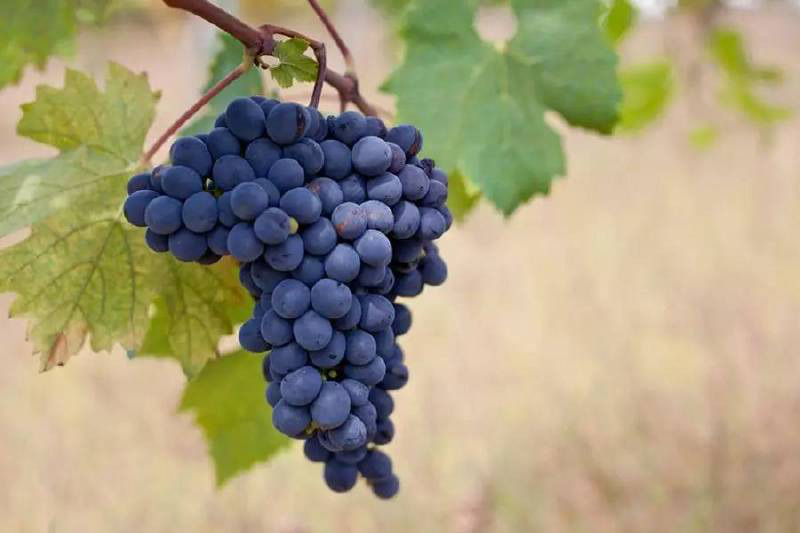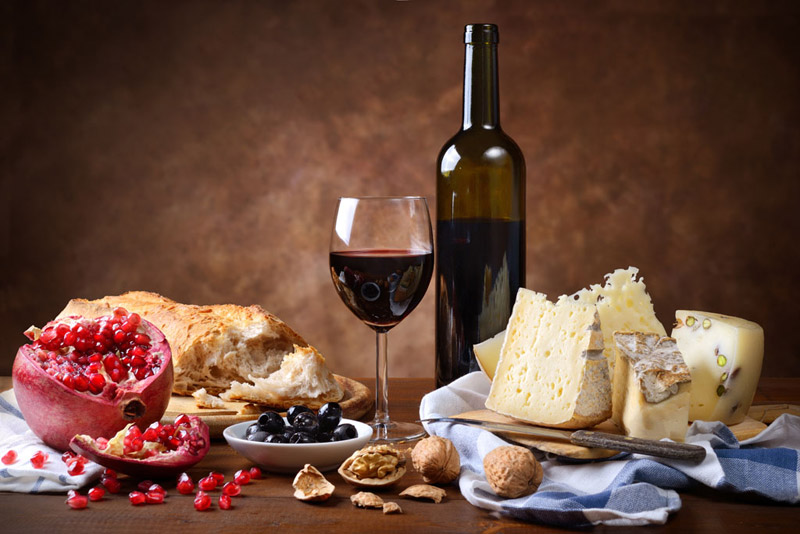The basic elements that make up a wine's taste are sour, sweet, astringent (bitter), alcohol, and fruity. The basic elements that make up a wine's taste are sour, sweet, astringent (bitter), alcohol, and fruity.

Sour taste is an indispensable element of wine, especially in white wine, sour taste has a significant impact on the core taste, generally speaking, in the northern hemisphere, the production of the north, the stronger the sour taste, the more south, the more stable and mild.
Astringency
The astringency mainly comes from the tannins in grapes, especially red wine. The astringency has a great influence on its core taste, which makes the taste more dense and full of complexity. The strength of tannins in grapes is determined by the variety, the climate of the producing area, the brewing method and other factors.
Alcohol
Alcohol can be expressed in terms of low, medium and high. As a component of taste, it gives the wine extraordinary texture and taste, and also affects the core taste of the wine.

Fruity
Fruity is the aroma of the fruit when the mouth bites the fruit. As a component of the taste, it affects the fullness and fullness of the wine.
Sweet Taste
The sugars contained in grapes are converted to alcohol by fermentation. The unfermented residual sugars make up the sweetness of wine. Red wine is mainly spicy, while white wine contains spicy to sweet flavors.

In this way, the proportion of each element is different, and the taste of wine is also very different.